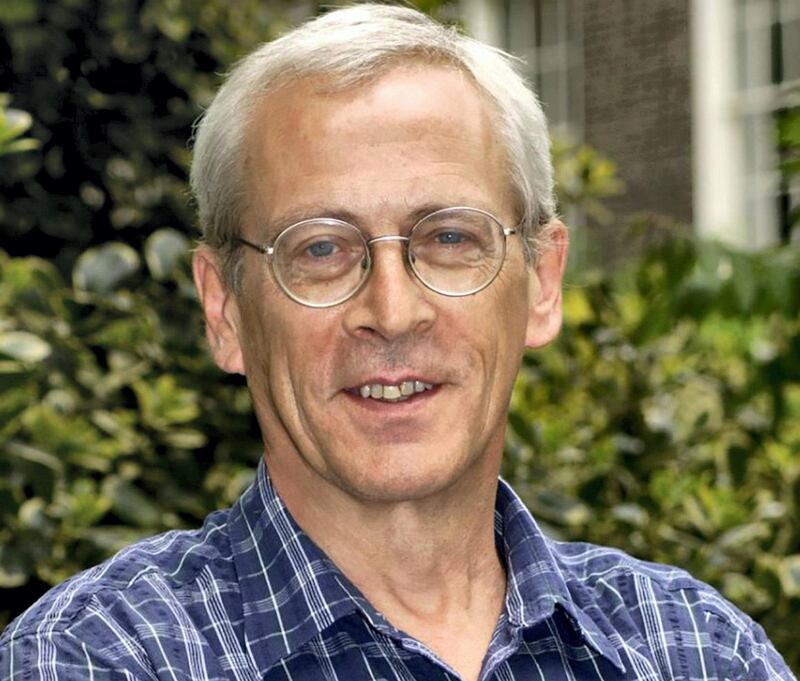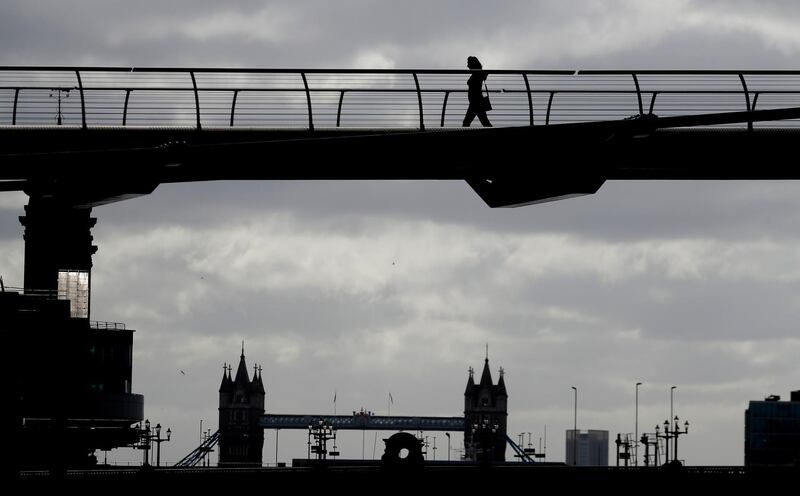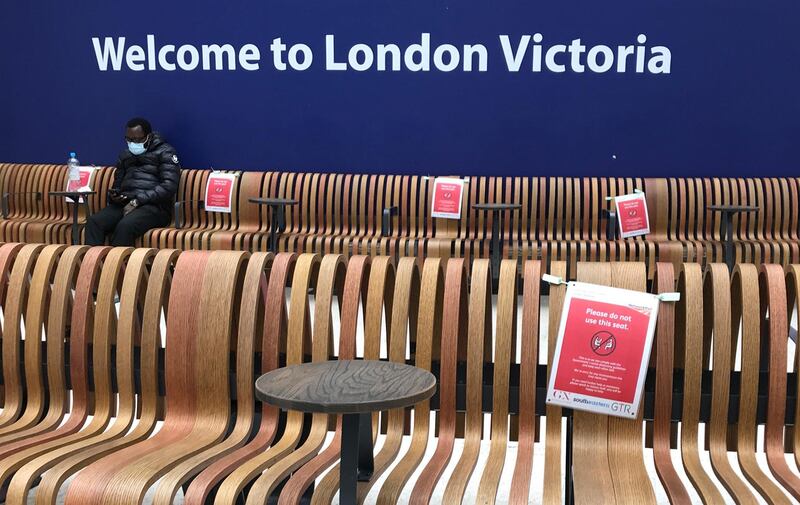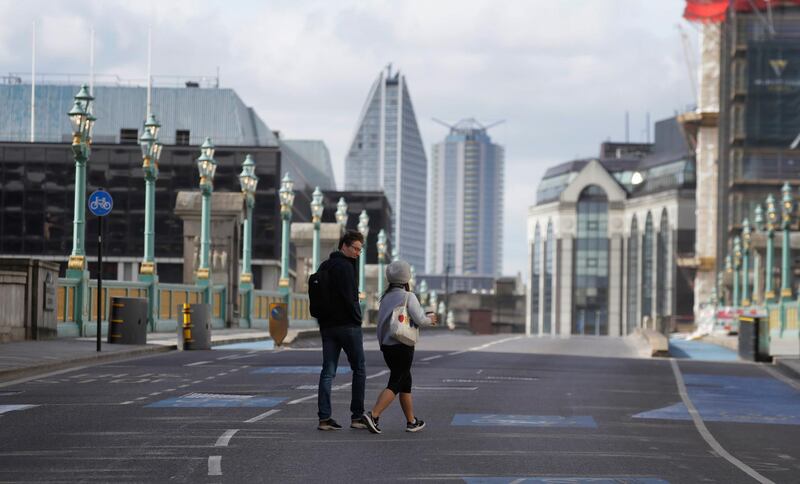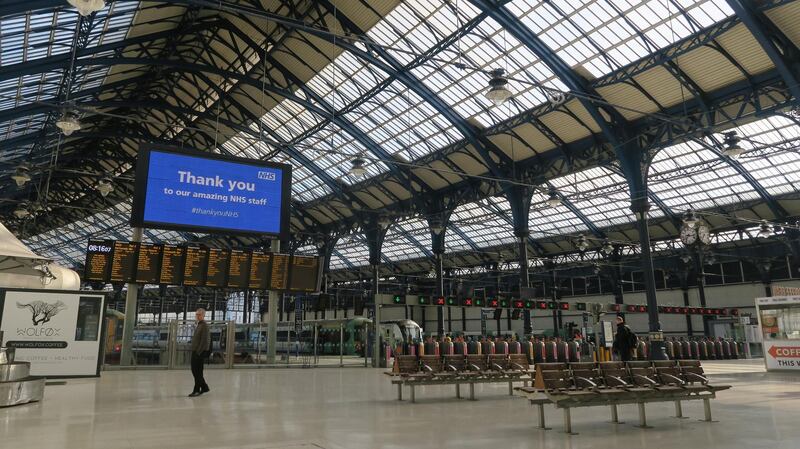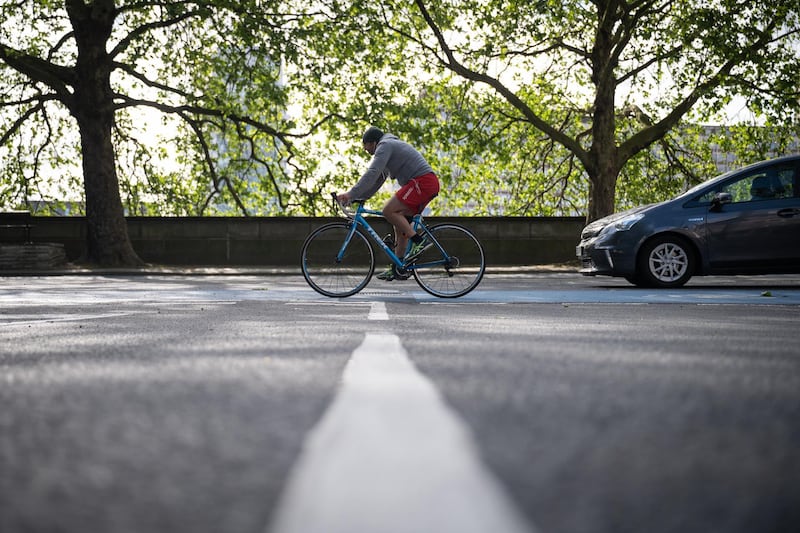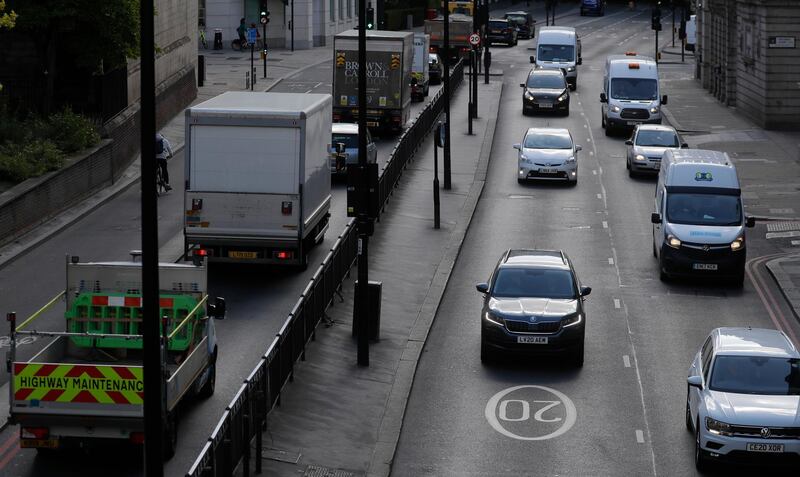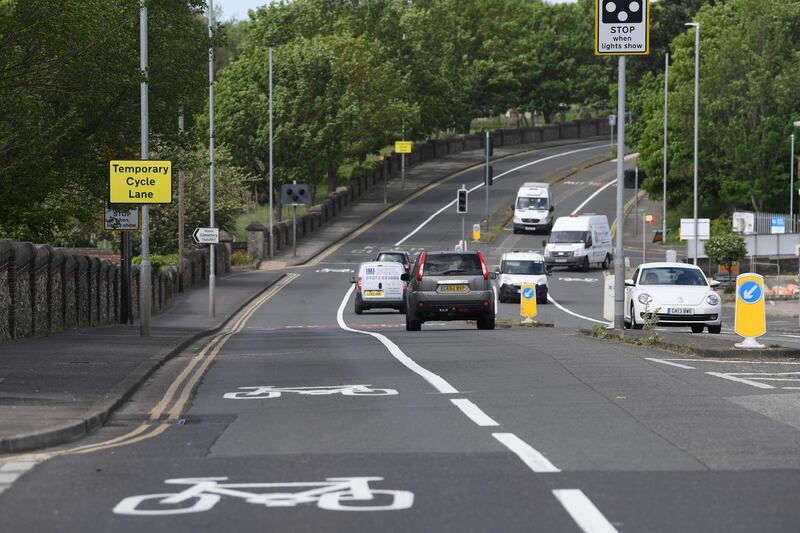The British government is preparing to announce that an English city of 300,000 people will undergo mass coronavirus testing in a move to lift lockdown restrictions, a scientist has said.
The city’s identity was a secret but, with funding and planning understood to be in place, it could be announced in the coming days.
If the mass-testing programme is deemed successful in reducing viral transmission, it will be introduced across the UK and could be used worldwide to restore normal life and stimulate economic recovery by removing reliance on lockdowns.
"This is the only way of stopping a worldwide pandemic without millions of deaths," Prof Julian Peto, a statistician and epidemiologist at the London School of Hygiene and Tropical Medicine, told The National.
It is understood that advisers in Downing Street were keen to go ahead with the project as criticism of Prime Minister Boris Johnson’s government handling of the Covid-19 crisis grows.
Prof Peto said plans were in place to enable mass antigen testing within a week in the chosen city.
“The government has negotiated with this English city of about 300,000 people, which is a very gung-ho way to do it, and has detailed protocols in place,” he said.
“But for some extraordinary reason, it’s all being done in secret. It’s a ridiculous situation with this city all set up.
"They have been preparing frantically for over a month to do this. They put in a grant application to the Department of Health to fund it. It’s very affordable.
“If this works, it would be incredibly popular politically and be a ‘get out of jail free’ card for Boris Johnson, where he can go from having the worst record in Europe to the best record in the world.
"And it could be done across the globe.”
With each test estimated to cost less than £10 (Dh45/US$12), the total outlay would come to £500 a year for each person.
But Prof Peto believes that not even six months’ worth would be required.
“The disease rate would go down so fast that even after a month you might be able to stop testing and control small outbreaks with intensive contact tracing,” he said.
If a person tested positive to having the coronavirus, their whole household would be put into strict quarantine as a legal obligation.
This would allow those testing negative to return to work and for business to resume.
It would effectively mean that the city could lift lockdown after only seven days of testing.
“If you do a study in one city, you will soon know if the infection rate is going up or down if everyone is tested,” Prof Peto said.
“As soon as you have done a one-week round of testing, everyone on the street would have had a negative test within the last week.
“You can come out of lockdown immediately because everyone on the street has been tested that week.”
If introduced across the country, more than 10 million tests a day would be needed to screen the British population of 66 million in a week.
Prof Peto has been critical of the government’s approach and, along with 34 other public health researchers and practitioners, signed and sent a letter to the Health Secretary Matt Hancock.
It recommended that universal repeat testing be evaluated in a feasibility study in one large city to reduce viral transmission and allow economic and social life to move towards normality.
The letter was published in the medical journal The Lancet on April 10. No answer was received from the government.
“Without nationwide testing, there will only be cycles of lockdown until there’s a vaccine, which will not come for a year or even two years, if at all,” Prof Peto said.
“This is vitally important. The only other way out is through herd immunity.”
Prof Peto, 75, said there were enough chemical reagent manufacturers available to provide stock for 10 million tests a day.
He described a simple, saliva-based test that can give results in a laboratory with fewer than 100 staff processing 43,000 samples daily.
Nationwide, testing everyone in the UK would cost about £10 billion annually.
“This cost is trivial compared to the money spent keeping people on furlough, let alone the damage to the economy and leaving the epidemic simmer on until we achieve herd immunity with the loss of perhaps 200,000 lives,” Prof Peto said.
“The data we will get from this testing will transform the basis for modelling.
"The modelling at the moment is based on completely unknown parameters. This will give you empirical data of unique quality.
“We don’t say this method is 100 per cent but we say it’s highly likely to work, but there’s no more point doing any more modelling.”
He believed residents would sign up to the programme because people want to end the lockdown.
The testing would probably be conducted on the entire population except infants.
When people return a positive test result, their whole household will be under a legal obligation to self-isolate.
The quarantine will be lifted for each home only after everyone living within it tests negative, usually within two or three weeks.

All residents in the chosen city would be signed up through the online register of GP records.
There would also be a central testing location for people who want to remain anonymous to the tax authorities, police or immigration service.
It will be necessary for people who come into the city from outside to join the initiative.
